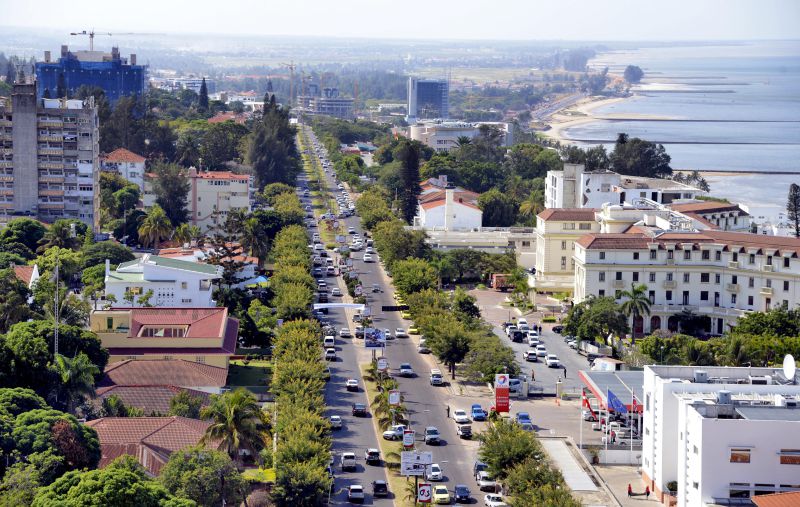Mozambique: Deflation of 0.38% in April
Mozambique: Government is conducting irresponsible fiscal policies, civil society organisation warns

Lusa (File photo) / Maputo
The Public Integrity Centre (CIP), a Mozambican civil society organisation, has accused the government ofconducting irresponsible fiscal policies, by using excessive internal borrowing to finance the state.
In an analysis that Lusa has access to entitled “Why the government’s fiscal policy is defrauding the people”, the CIP notes that the executive is maintaining expansionary spending despite the cut in foreign aid following the so-called hidden debt scandal.
“Internal lending to the government increased from 127.9 billion meticais (EUR 1.6 billion) in December 2016 to 215 billion meticais (EUR 2.7 billion) in December 2017, an increase of 67.9 percent,” the document reads.
The rampant increase in domestic credit is a consequence of an expenditure policy whose main feature is to finance the deficit, because the state’s own resources are not sufficient, the analysis highlights.
According to the CIP, a significant portion of the state’s resources have been allocated to non-productive sectors, for example “the importation of Mercedes cars for deputies in a country that is drowning”.
In the CIP’s view, given its lack of resources, the government should curtail expenditure to a level that would allow the Bank of Mozambique to lower interest rates, freeing up credit for the private sector.
The analysis concludes that the government’s measures are still insufficient to rebalance the fiscal situation given the fall in foreign exchange since April 2016.
“The only factor that saved the national currency from collapse was the Bank of Mozambique’s action in the monetary policy sector of sharply raising benchmark interest rates,” the CIP says.
The central bank’s action stabilised and supported the metical, with positive benefits for inflation, but this result did not find complementary measures in broader fiscal policy.
“It also brought with it a negative impact on productive activity: high interest rates reduce the possibility of companies obtaining credit and, therefore, economic activity declines,” the analysis maintains.
Interest rates are still much higher than before and, although inflation has returned to manageable levels, the economic environment remains unfavourable.
“Companies have had to close their doors because they cannot bear the weight of credit at high interest rates, leading to job losses, and lowering household incomes,” the document reads.
The CIP analysis comes after Agostinho Vuma, president of the main Mozambican business’ confederation, alerted the government and the central bank to what he described as the “suffocation” and “mass bankruptcy” of companies in the country.
The leader of the Confederation of Economic Associations of Mozambique called on the government to ease credit and to settle arrears owed by the state to suppliers.













Leave a Reply
Be the First to Comment!
You must be logged in to post a comment.
You must be logged in to post a comment.